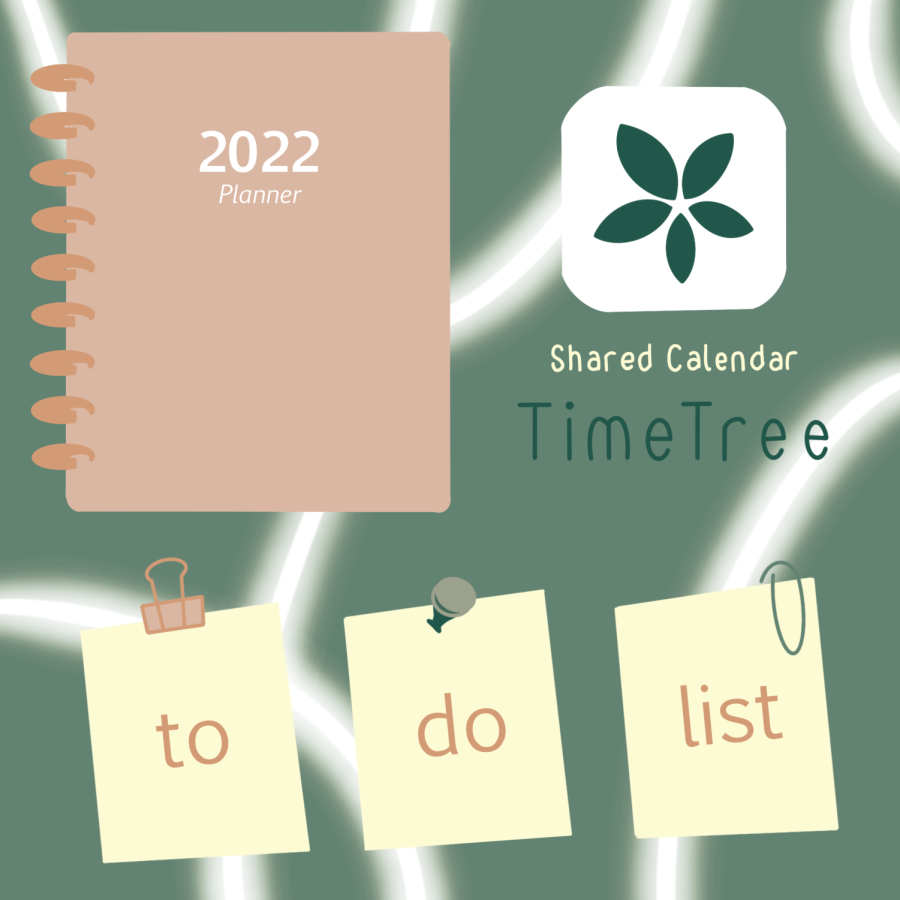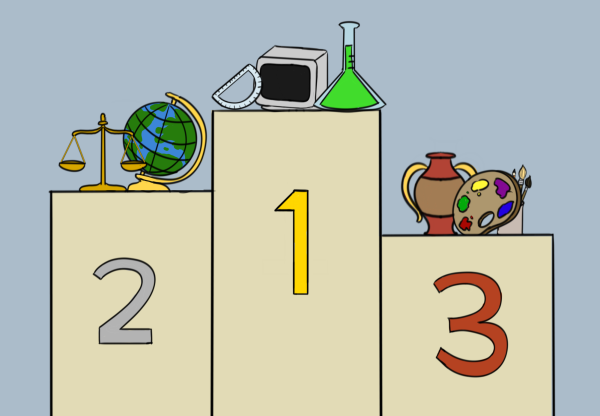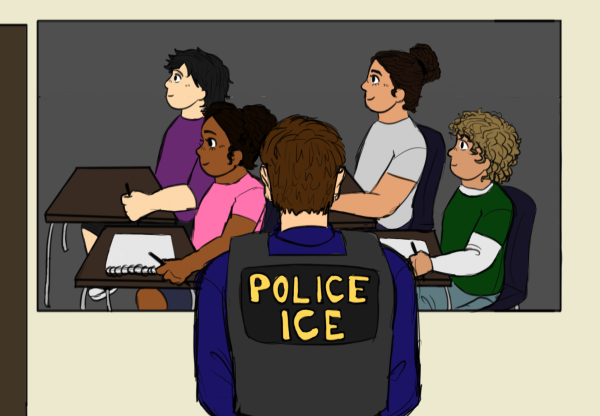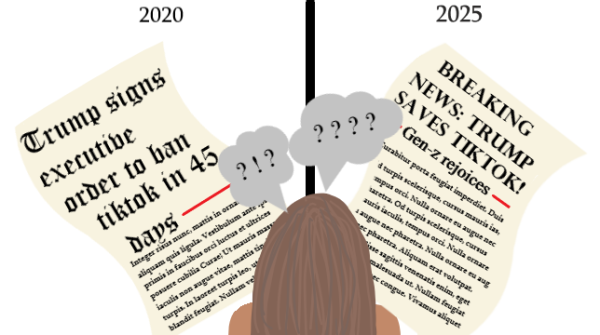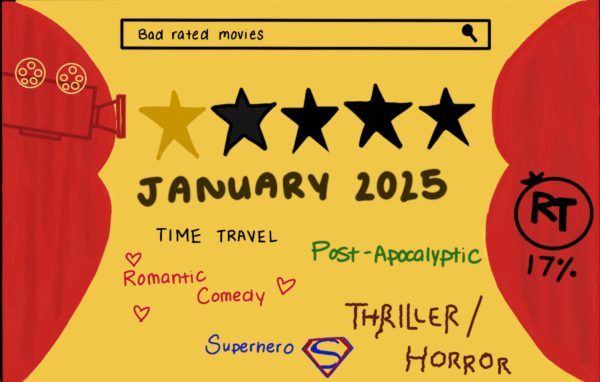It’s okay to not be perfect
Organization improves management skills
Amidst the growing responsibilities that BVH community members face, they should remain organized. Utilizing a planner, calendar and sticky notes would help promote productivity and better management skills.
On Monday, Jan. 24, my teacher opened the class with a conversation regarding our Math Internal Assessments (IA). The Math IA is an individual, written mathematical exploration in which students are tasked to investigate an area of mathematics.
“Perfection is the enemy of good enough,” my International Baccalaureate (IB) Math Analysis & Approaches Higher Level 2 teacher, Jared Phelps said.
My teacher described that he initially set an unrealistic goal for himself of aiming to give everyone feedback on their papers—the “perfect” thing to do. Similar to Bonita Vista High (BVH) students, teachers also struggle with balancing responsibilities, resulting in my teacher not being able to attain his goal of giving everyone comments on their IAs. Afterward, he set a much more realistic goal for himself, which is to leave feedback on the students’ papers who will be taking the IB Math exam in May—the “good enough” thing to do.
After a few days of reflection, I realized that my teacher isn’t the only one struggling with the internal conflict present within ourselves to be perfect in everything that we do. This inner struggle often results in self-deprecation when we don’t meet the idealistic goals we set for ourselves. More importantly, our mental health often takes a back seat because we fail to prioritize our well-being. In other instances, the curse of perfectionism results in us either not starting the task at all or procrastinating.
Contributor for Psychology Today Leon F. Seltzer Ph.D. explains that “Perfectionism compels you to put considerably more effort into tasks than is rationally justified. To do things perfectly leads you to manage your time and energy poorly and you may miss important deadlines because you just can’t stop working on something that’s already good enough.”
As tasks from both core classes and extracurriculars pile up endlessly, I feel like I reached a fork on the road, confronted with two options: ‘perfection’ or ‘good enough’. Almost always, I find myself feeling pressured to always achieve perfection where I often procrastinate—perfection is unhealthy. I prolong the process of completing my work and inevitably, rush to finish tasks at the expense of my well-being.
Especially now, as I am faced with various deadlines for regular assignments, IB-related papers such as the IAs, extended essays, as well as, prep work for my upcoming English individual oral presentation, I realized that doing what’s adequate and sufficient is justified and acceptable—that it’s okay not to be perfect.
In order to stay productive and improve my time-management skills, I make an effort to write assignments on my planner, fill important deadlines on my Timetree calendar and use sticky notes to remind me of tasks to complete for the day.
According to Barbara Markway Ph.D., using a daily planner can lead to a multitude of benefits. From improving time management to keeping a place for records, daily planners can also boost one’s productivity, provide stress relief and foster creative thinking.
Furthermore, similar to a daily planner, using a daily calendar is also beneficial. A calendar is advantageous for keeping track of upcoming meetings, deadlines and milestones. Planners “can help you visualize your schedule and remind you of important events, such as holidays and vacation time,” American project management application service provider Wrike states.
In addition, writing a ‘to-do list’ on sticky notes serves as a gentle reminder for us to start and or complete tasks. Based on an email to The Huffington Post, professor of behavioral science at Sam Houston State University and author of the original study published in 2005 in the Journal of Consumer Psychology, Randy Garner, describes that “Perhaps one explanation is that in our seemingly overly technologically bound and electronically enhanced world we live in today, people may find unique interest in the possible influence of the low-tech impact of a small 3 x 3 piece of semi-sticky paper.”
Undoubtedly, the rest of the semester will be like a roller coaster ride filled with ups and downs for both students and staff. In order to help ourselves remain organized, I encourage the BVH community to invest their time in utilizing a planner, calendar or sticky notes to better manage their responsibilities from school. Ultimately, we must not let improbable standards and perfectionist ideals be a hindrance to our advancement and progress.

I am a senior at Bonita Vista High and a third year staff member on the Crusader. This year, I am co-Editor-in-Chief, and previously was Opinion Editor...

